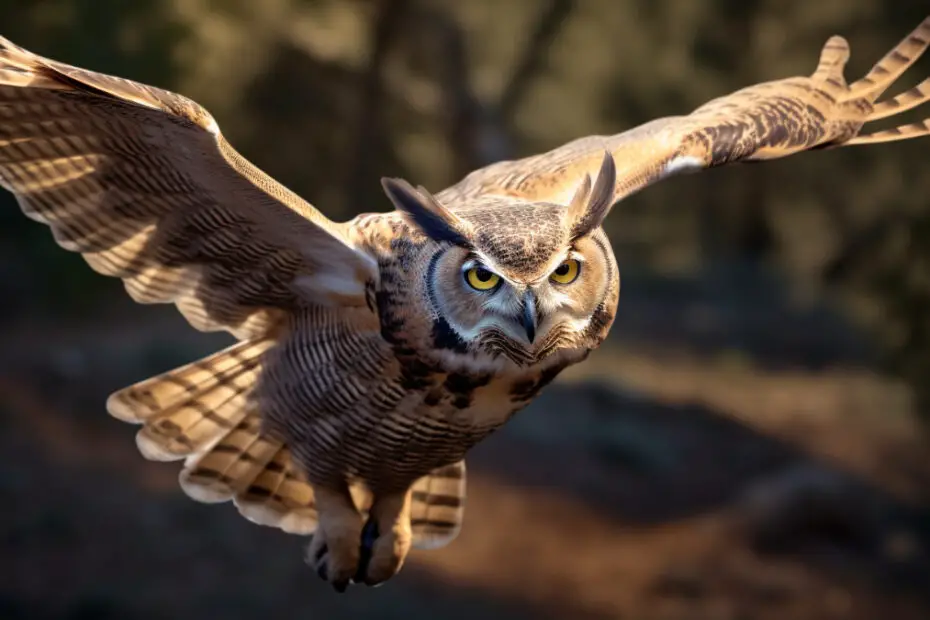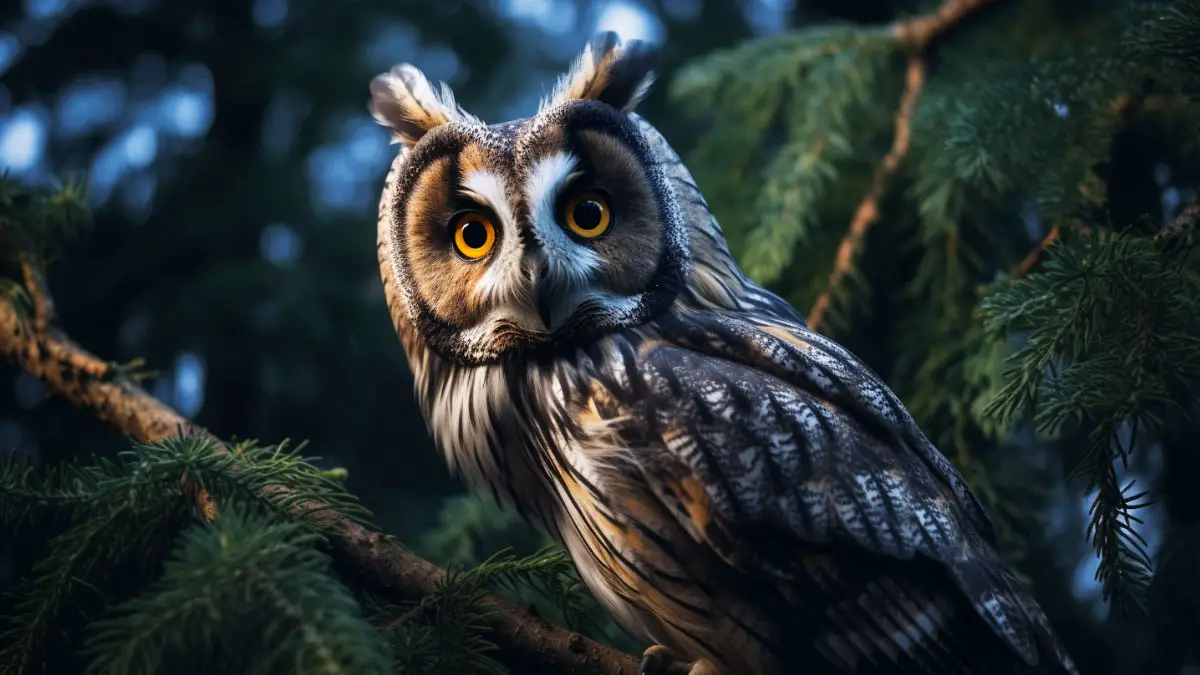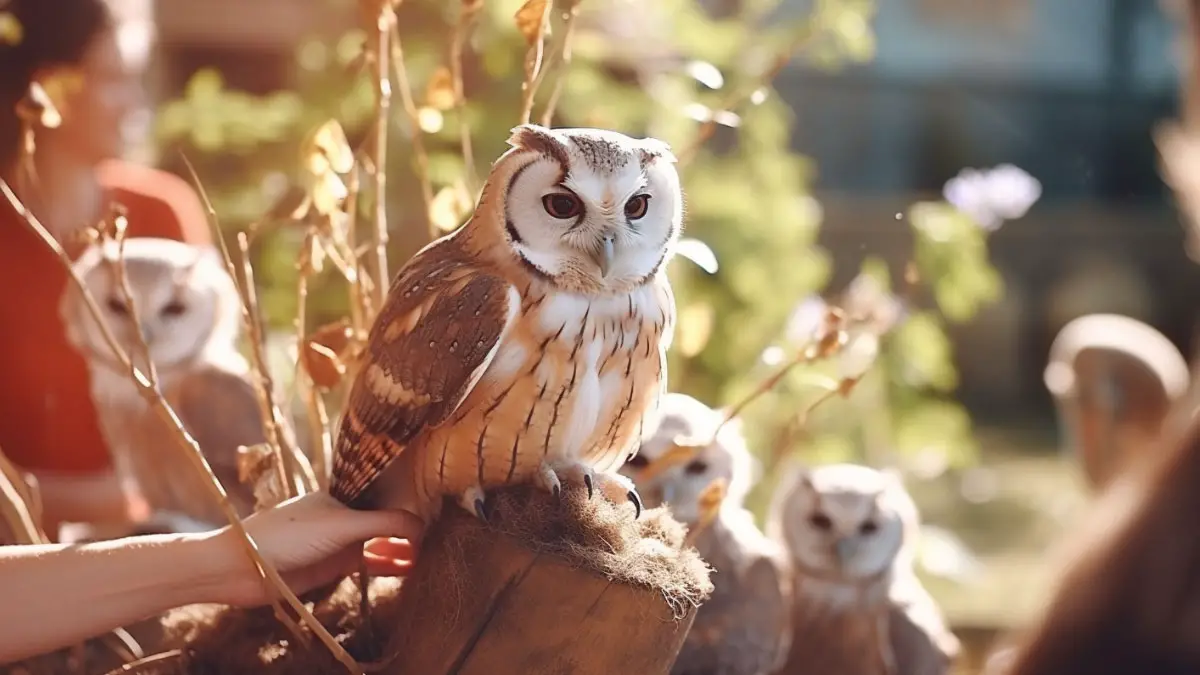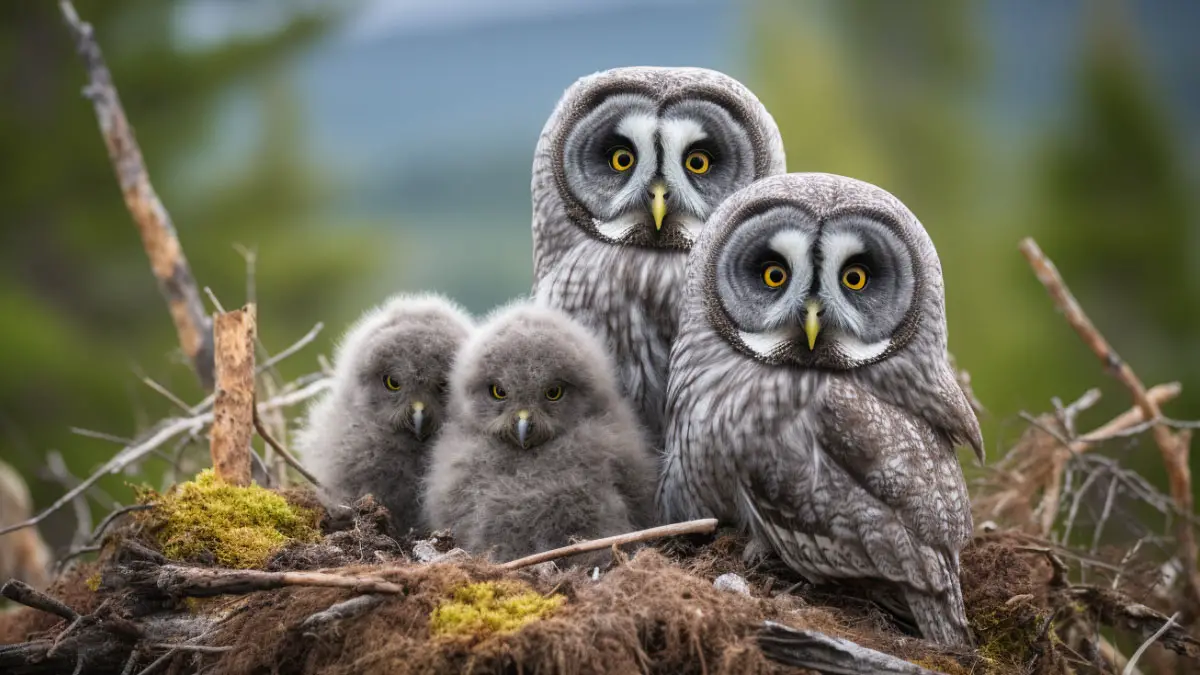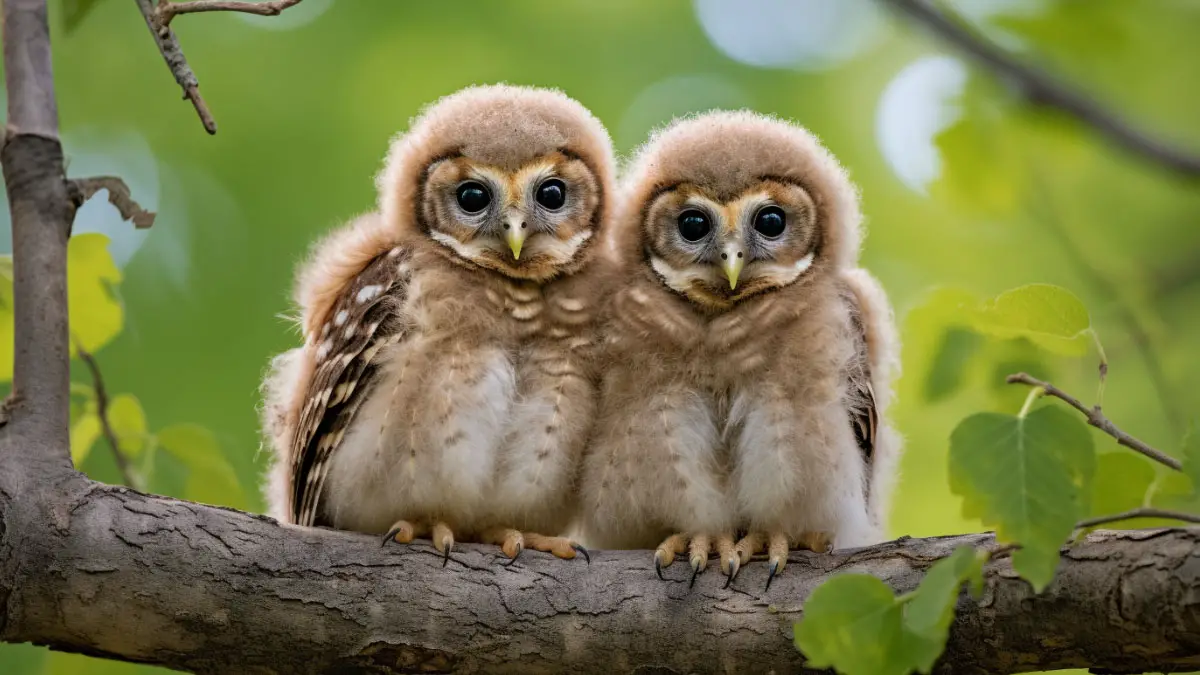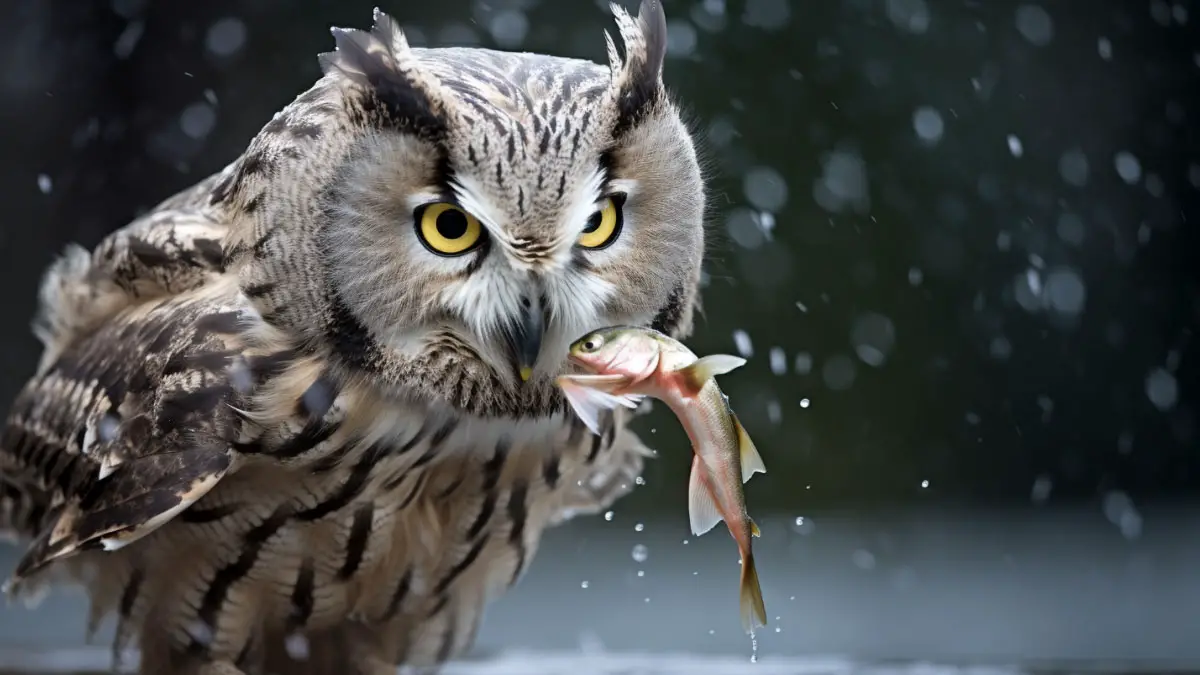Owls are fascinating birds of prey that are known for their silent flight and sharp talons. They are also known for their diverse diet, which can include small mammals, birds, reptiles, and amphibians.
So, do owls eat chickens? The answer is yes, owls can and do eat chickens. In fact, chickens are a common prey item for owls, especially for larger owls such as the great horned owl.
If you live in an area where owls are present, it is important to be aware of the risks to your chickens and take steps to protect them. More details can be found in the article. Come on, let’s get started.
Do Owls Eat Chickens?
Owls are known to eat chickens and other small poultry if the opportunity arises. The great horned owl is one of the most common predators of chickens.
Great horned owls are large, reaching 2 feet in height and boasting a 5-foot wingspan. They are found in a wide variety of habitats, including forests, woodlands, and even urban areas.
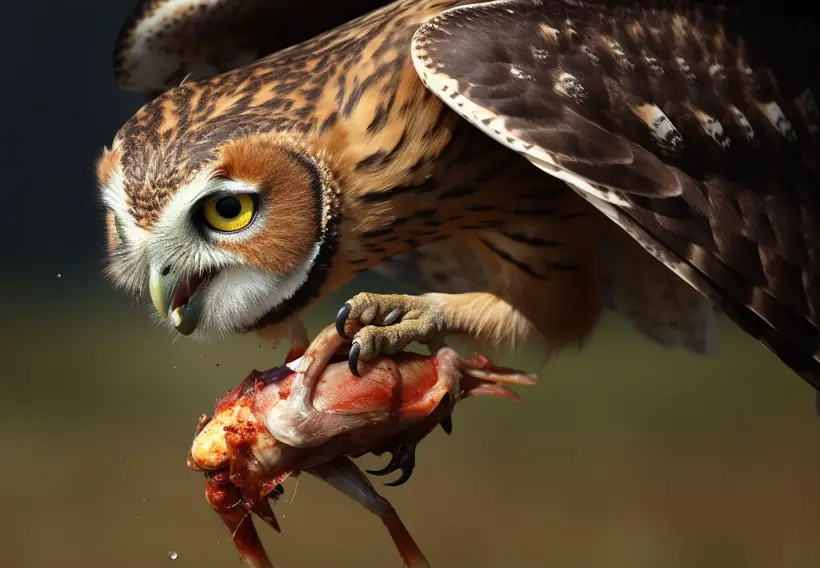
Owls are nocturnal predators, which means they hunt at night. They are silent flyers, which makes them difficult to detect. They use their sharp talons and beaks to kill their prey.
Chickens are a typical target for owls in the wild. They are quite tiny and simple to capture, and they are frequently stored in insecure enclosures. If you own chickens, it is crucial to ensure their safety from owls by taking necessary precautions.
How Dangerous Are Owls To Chickens?
Owls can pose a significant threat to chickens, particularly when chickens are left unprotected at night. Owls are skilled predators and are capable of capturing and killing chickens, especially young or smaller birds.
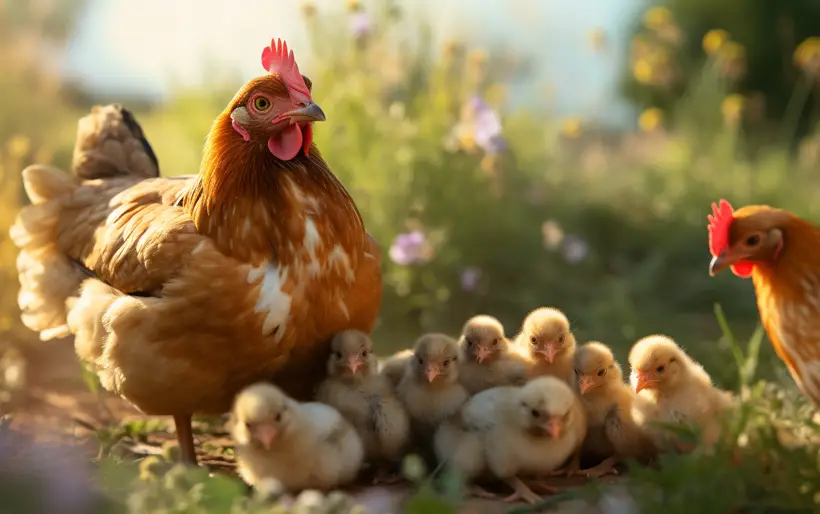
Owls’ threat to chickens varies with owl species, chicken size, and coop security. Adult chickens are most likely to be harmed by larger owl species. While chicks and smaller poultry may be primarily targeted by smaller owl species.
Mitigate the danger that owls pose to chickens. It’s crucial to take preventive measures, such as securing the coop at night using motion-activated lights to keep owls away. By doing so, you can minimize the risk of owl attacks on your flock and ensure their safety.
How Owls Hunt Chickens
Owls are skilled predators, and they can pose a threat to chickens and other poultry. Here are some common ways owls may hunt chickens:

Nighttime Attacks:
Owls are typically nocturnal hunters. They frequently prey on chickens while they are resting at night. Owls have superior night vision and can see in dim light, providing them an advantage over chickens.
Silent Flight:
Owls are known for their silent flight, which is achieved through specialized feathers that reduce wing noise. This stealthy approach allows them to get close to their prey without being detected.

Surprise Attacks:
They often perch in trees or on structures near the chicken coop and wait for an opportunity to swoop down and grab a chicken. This can happen suddenly and catch chickens off guard.
Talons and Beak:
Owls utilize their powerful talons and keen beak to catch and kill their prey. They can inflict deadly injuries on hens when they strike.
Why Do Owls Bite the Heads off Chickens?
Owls may bite the head of a chicken for a variety of reasons, although this behavior is not exclusive to all owls or in all situations. Here are some possible reasons for such behavior:
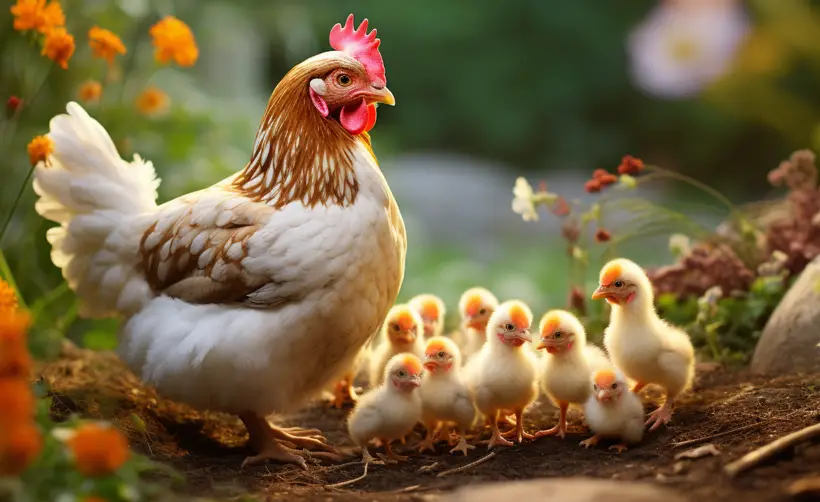
Efficient consumption:
Owls are known for their methodical hunting and feeding habits. When they catch prey, they often aim to fix it quickly and eat it as efficiently as possible. Cutting off the head can be a quick way to kill prey. And it gains access to the most nutritious parts, such as the brain and neck muscles.
Risk Reduction:
By targeting the head, owls reduce the risk of injury from their prey’s beak or talons. Chickens can defend themselves by pecking and owls can neutralize this threat by biting their heads.
Hunting Tactics:
Owls may have evolved to target specific vulnerable areas of their prey. The head is a common target due to its importance to prey survival. Disarming the prey quickly increases the chance of a successful owl kill.
Digestible parts:
The head often contains some of the most digestible and nutrient-rich parts of the prey, including the brain and eyes. Owls may prefer these parts to eat.
Preventing Owl Attacks On Chickens
Protecting chickens from owls requires implementing various strategies to deter these nocturnal predators and ensure the safety of your flock. Here are some effective methods for preventing owl attacks on chickens:
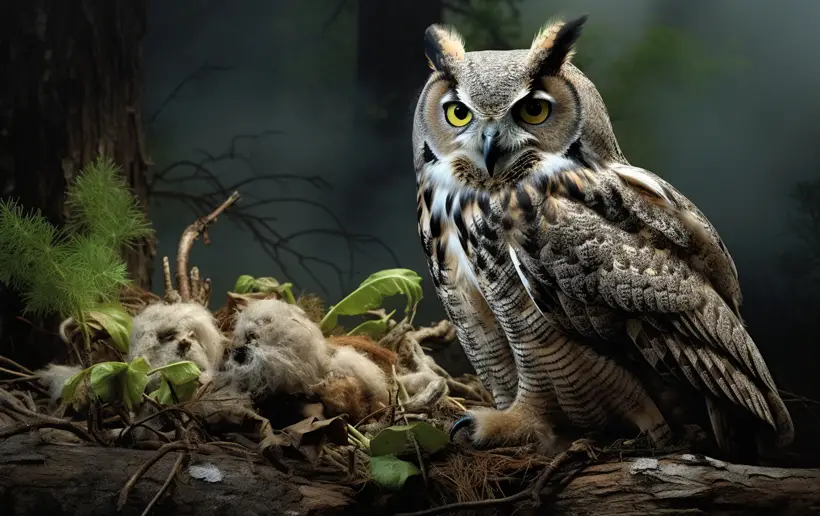
Secure Coop and Run:
- Make sure the coop has a solid roof to prevent owls from swooping in.
- Use strong fencing and wire mesh to enclose the run. And bury the wire mesh a few inches underground to deter digging predators.
Lock Up at Night:
- Owls primarily hunt at night, so make sure to lock your chickens securely inside the coop at dusk.
- Keep latches and locks out of the reach of owls.
Motion-Activated Lights:
Install motion-activated lights around the coop and run. The sudden brightness can startle owls and deter them from approaching.
Guard Animals:
Consider using a guard animal, such as a dog, to protect your chickens. This animal can be a deterrent to owls and other predators.
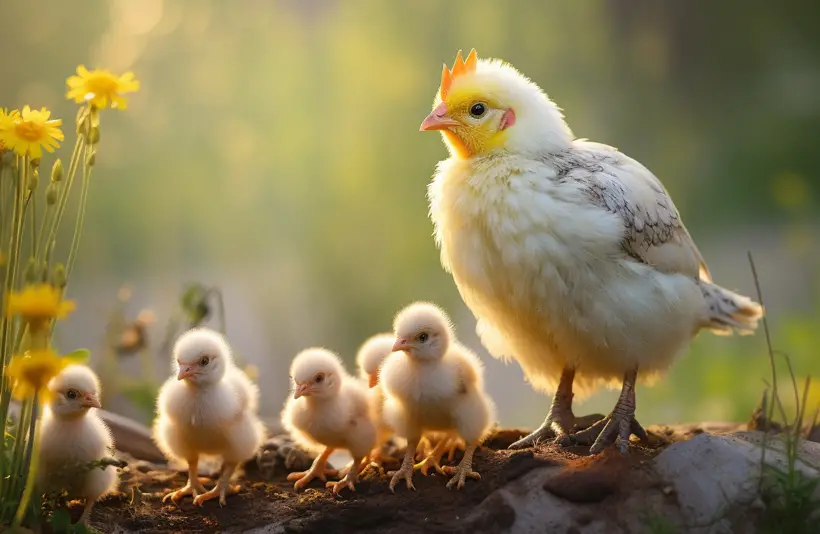
Noise Deterrents:
Set up noise deterrents near the coop, such as radios and loudspeakers playing loud sounds or distress calls of owls. The noise may discourage owls from approaching.
Remove Perches:
Owls often perch close before diving in for the kill. Remove or trim any branches or buildings near the coop that could provide a perch for owls.
Habitat Modification:
Modify the habitat around your coop to reduce owl attraction. Remove attractants like bird feeders, compost piles, and garbage that may attract prey animals like rodents.
Rotate Free-Range Time:
If you allow your chickens to free-range during the day, consider rotating their free-range time so they are inside the secure coop before dusk when owls become active.
Can A Rooster Protect Chickens From Owls?
Roosters can protect chickens from ground-based predators like foxes and raccoons by being vigilant and sounding alarms or confronting threats.
When it comes to aerial predators like owls, roosters have limitations in providing protection. Owls are stealthy and can attack from above, making it difficult for a rooster to defend against them effectively. Roosters are not equipped to deter aerial predators like owls with the same effectiveness they exhibit against ground-based threats.
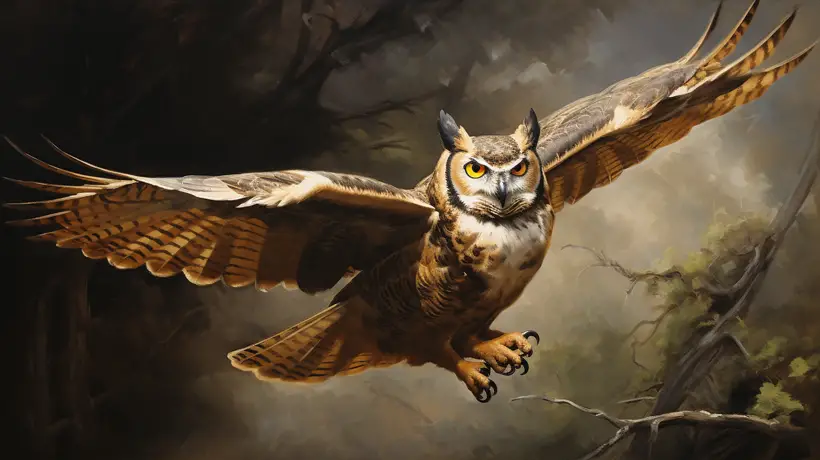
While the crowing and attentiveness of a rooster may notify the hens of the presence of an owl. It might not be enough to deter an owl from attempting to grab hens, especially at night. As a result, depending exclusively on a rooster to guard your flock from owls is not a sure thing.
Related Questions
Answers to questions that will arise during the process are as follows:
Screech owls usually do not pose a major danger to fully-grown chickens. These little owls mainly hunt small creatures, bugs, and sometimes tiny birds such as sparrows or songbirds. Even though they might have curiosity about chickens, particularly baby ones. They are generally not thought of as a major threat to chickens. Particularly when compared to bigger types of owls or daytime birds of prey such as hawks.
It should be recognized that the behavior of each owl can differ, and effortless victims. Juvenile or defenseless poultry might sometimes entice screech owls.
Generally, no, owls do not keep hawks away from chickens. Owls and hawks are both predators and may prey on chickens. However, owls are not known to actively seek out and attack hawks. In fact, they may even avoid each other, as they are both apex predators.
Owls are typically smaller than hawks, and they may not be able to defend themselves against a larger predator. Owls are most active at night. Hawks, on the other hand, are diurnal, and they are most active during the day. This means that owls and hawks are less likely to cross paths.
Yes, owls are known to occasionally eat chicken eggs. Owls are opportunistic predators, and when they come across unprotected chicken eggs, they may consume them. To protect your chicken eggs from owls, securely store them in a well-protected coop or nesting boxes.
Final Thoughts
Owls are fascinating animals that play an important role in the ecosystem. However, they can pose a threat to chickens. If you have chickens, be sure to take precautions to protect them from owls. You can help your chickens stay healthy and happy by following the tips above.
In nature, owls and chickens are part of a delicate balance. Sometimes, owls might try to catch chickens, but they also help by keeping pests in check. They help to control populations of small mammals, which can be beneficial for agriculture.
